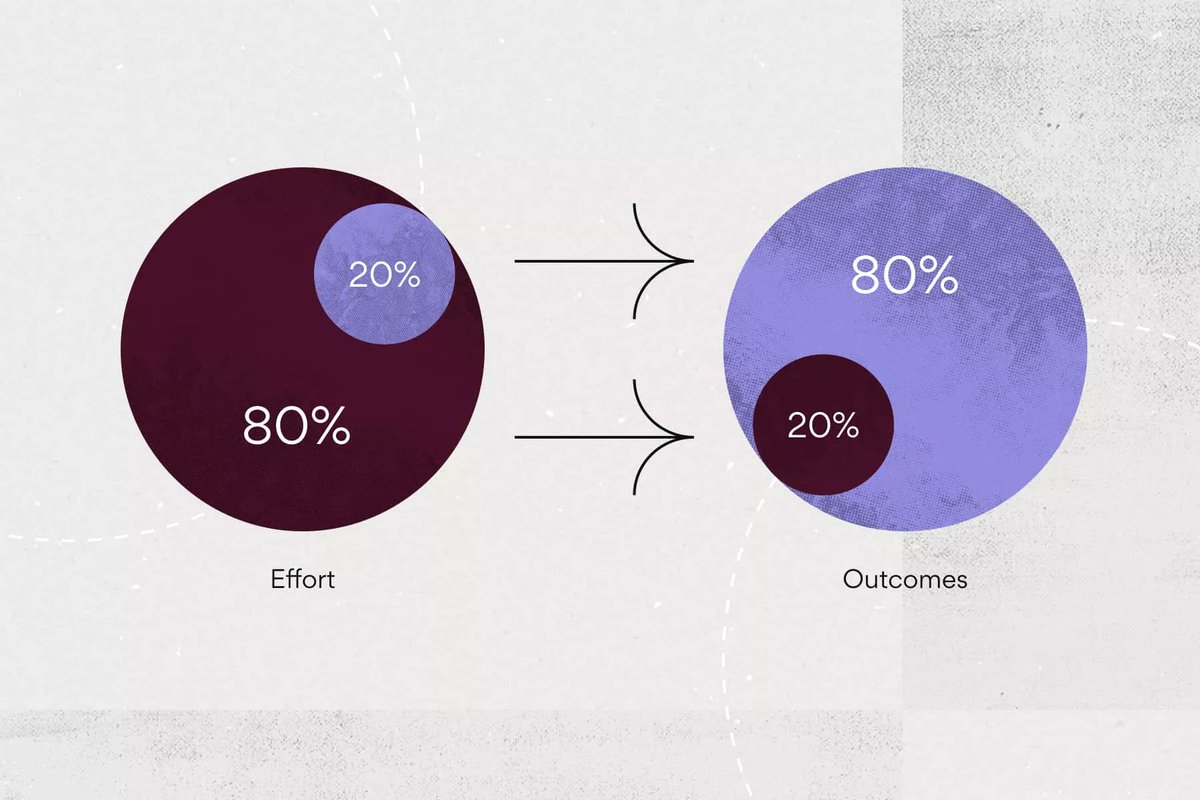
Host of Success Story (Top 10 Business Podcast)
Listen: https://t.co/O1vsoawJ0g / Watch: https://t.co/0xZ2ctp8vd
How to get URL link on X (Twitter) App




 A few additional thoughts re. Goals and Systems.
A few additional thoughts re. Goals and Systems.



 Most people think they've mastered listening because we have two ears.
Most people think they've mastered listening because we have two ears.